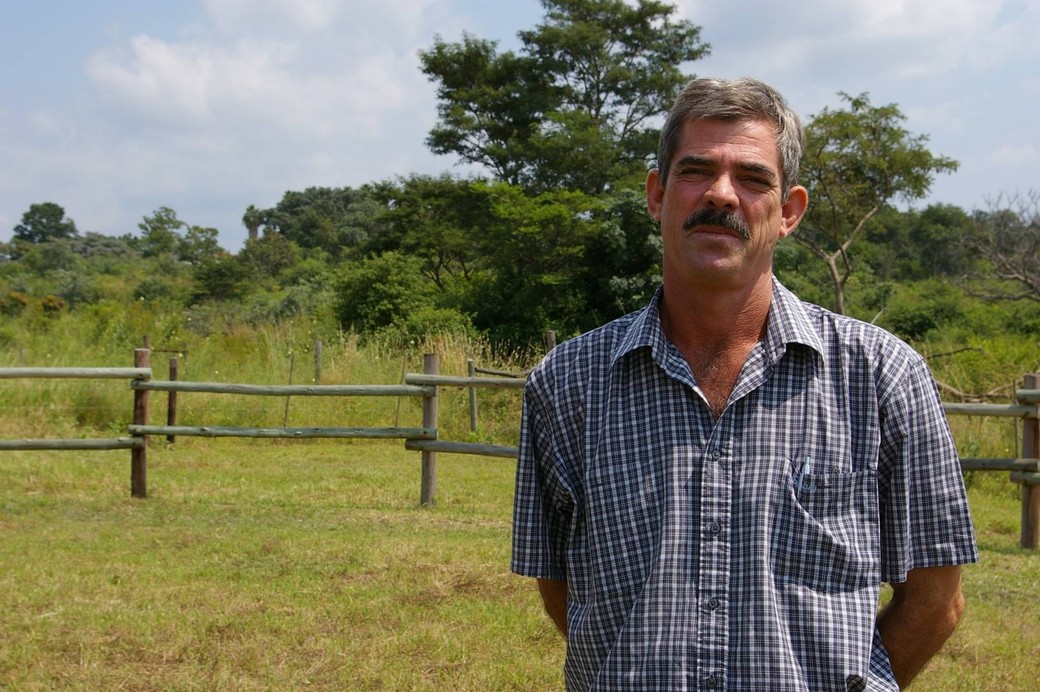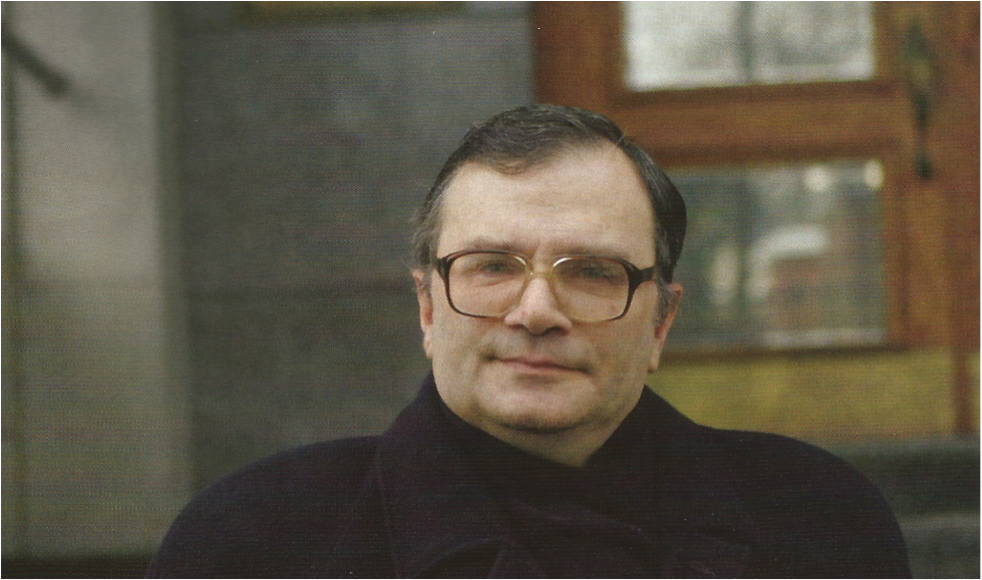
Brutal Farm Killings in South Africa: How do Victims Carry on?
Statistical analysis shows South African farmers are three times more likely than ordinary citizens to be the victims of violent crime. They also show it is twice as dangerous to produce food than it is to be a policeman.
Approximately two thousand farmers and farmworkers have been killed or injured during the past two decades in South Africa. The lives of the victims who survive will never be the same. Their quality of life is often radically diminished. Many suffer from post-traumatic stress disorder after having been brutalized—sometimes for hours on end while their close family members were forced to watch.
Yet a large percentage of these farmers keep on farming after an attack. When the farmers recall these horrific violent crimes, you see the trauma in their eyes and body language. You hear it in their voices.
In my book Farm Killings—Victims Tell Their Stories, I share the stories of ten families from farms in different parts of the South Africa. Farm killers are cruel. Many are habitual criminals with no mercy for their victims.
But then why on earth would the farmers carry on farming after their farms have been turned into blood farms and murder farms?
Because some survivors believe they still have a purpose on earth; they can still create jobs and contribute to food security. While some feel they have been betrayed by their own employees, others feel they cannot leave their faithful farmworkers whose families have worked on the farms for generations, in the lurch.
So they stay. They do not want to do anything else. Farming runs in their blood.
I have often been asked why I focus on farm attacks, since housebreaking is equally rife, but to my mind there is a difference because farmers are isolated by distance. Screams for help go unheard and the gangs have no reason to hurry. Farms are easily accessible like businesses usually are. It covers wide areas.
I have also been asked about the main motives for an attack and whether racial hatred could be the driving force. Drugs, greed, cruelty and evil turn men into monsters.
Every victim reacts in his or her own way. One farmer sacked all his workers, moved elsewhere and now copes without workers. Nobody now knows where he keeps the safe and his firearms, he told me. He now lives in peace. Another farmer, a victim of cross-border raids, sold his family farm and started afresh on a bare piece of ground without a home, water or amenities, well away from the border. Like a born pioneer. Others turned to religion and experienced a new sense of nearness to God and even distributed Bibles to their attackers.
Amidst blood chilling stories about so much evil, it was uplifting to hear how friends, neighbours and sometimes an entire community would react, doing as much as they possibly could to stand by the victims. If we are forced to accept that evil exists, then we need to acknowledge that its counterpart does so as well. It was inspiring, in addition, to see the willpower and determination of the farmers.
There were heart-warming stories. A farmer’s wife told me how a farmworker carried her to the ambulance after she had been shot. When she returned home, all the female farmworkers gathered around her bed to pray for her.
 I admire the courage of the farmers.
I admire the courage of the farmers.
One formidable woman farmer had to witness how the family’s beloved animal herder was cold-bloodedly shot by the farm killers in her cattle kraal, right in front of her eyes. After the murder she was abducted by the killers in her own car.
Fighting like a lioness from the backseat, she kicked the driver in his head as hard as she could. He lost control of the car which overturned. The attackers fled and she managed to escape. She attributes her survival to the fact that she must have used all her guardian angels on that day.
An Overberg farmer unhesitatingly went to help a neighbourduring a farm attack and miraculously survived two gunshot wounds, both fired at close range. He underwent many operations to fix his shattered jaw and back. He endures pain daily, but the community donated a golf cart to him, so he carries on farming. Like the author Ian Fleming, who wrote the James Bond books, he believes you only live twice. A lady whose husband became a hemiplegic and suffered brain damage after being attacked viciously, had to become a farmer herself. Several years later their son was attacked on the same idyllic Western Cape farm. Yet she counts her blessings because they are alive.
A Tzaneen chicken farmer was shot in the arm and four times in the head after which he was left for dead under a rubbish heap. He survived. His arm is not functional, but he only needed to rub ointment onto his head as those gunshots wounds were superficial. He continued farming, but switched to cucumbers and Arabic horses, adding drily that you do not shoot a Boer (farmer) in the head. You shoot him in the heart.
An elderly farmer whose wife of 34 years was killed by being stabbed in the neck during a triple farm murder (two employees were also brutally killed), was so overcome with grief he had to leave the room when his daughter described to me how he had found his wife’s body under a tree. Yet he continues farming in Kwazulu Natal as well as in Congo-Brazzaville.
I visited a farm in Brits, North West Province, where a 25-year-old man asked his gravely wounded father just after a farm attack; “Dad, will they put me in jail? I’ve killed someone.” The young man shot one of the intruders dead in order to save the lives of his mother and three siblings. Walking through their farmhouse, I was struck by the row of five mattresses on the lounge floor where the whole family huddle at night in an attempt to ward off their fears and nightmares.
This to me symbolized the indescribable trauma of farm attacks.
There are hundreds of similar untold stories in South Africa. Stories that will never be published in the media.
To me these farmers are heroes.
I could not sum up the contents of my book better than Dr. Johan Burger of the Institute of Security Studies did. He said the book raises three major points: the utter brutality of farm attackers; the defencelessness of the innocent victims and the inexplicable power of faith and forgiveness.
To read a first-hand account of these stories and more, the book Farm Killings can be purchased by clicking here.
By Carla van der Spuy











